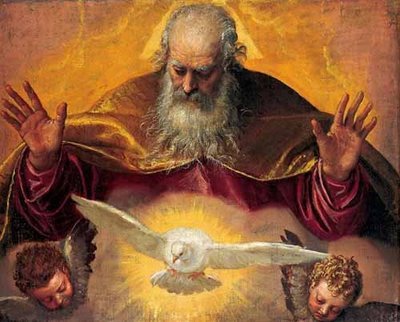Somewhere around a million websites, books, and articles, have discussed the parallels between Joseph in the book of Genesis and Jesus. However, modern scholarship (though scant) has suggested that Joseph might actually have a literary link more with the father of Jesus than with Jesus. I will flesh this out below.
Source of this Joseph view point
One of the main sources for this idea is a liberal stream of theology from Europe. One in which most people don’t really hear about since it’s theology isn’t popular in the USA…. yet. A scholar named Michael Goulder and then a more recent scholar, John Shelby Spong have championed this idea. Goulder and Spong both heavily emphasize reading the gospels as Jewish/Christian liturgical texts like the Midrash, not as actual history. While I don’t really want to address this topic today it needs to at least be mentioned so that the reader, has a basic framework for understanding the depth of the Joseph issue.

Spong argues in his most recent book, “Biblical Literalism: A gentile Heresy,” that much of what we read in Matthew and Luke are additions to Mark but not historical additions. In fact, he really doesn’t believe that Mark is factual either. But Matthew specifically was designed as a liturgical addition to Mark and quite a bit of it is written to clarify some things in Mark.
As most Bible students already know, Mark is universally known to have been the first gospel. It’s also the shortest and is more chronological than the others. Of the 4 gospels Mark is also believed to be the most accurate, though the accuracy varies depending on who you ask. The problem with Mark, according to Spong, is that it’s too short. It’s formed around the Jewish calendar and that makes it fit well with the liturgy of the synagogues in the first century. But, it’s length was not enough to cover the entire year worth of synagogue readings. Matthew’s addition to Mark forms a liturgical length that fills and entire year and reorders/adds some of the stories in Mark.
One of the additions to Mark is that of the character Joseph. Wait just a second and think about that. Do you remember any mention of Joseph in the gospel of Mark? No you don’t. He isn’t there. Even in Jesus’ home town he is referred to as the son of Mary, not Joseph. It’s possible that many Christians were not comfortable with Jesus and Mary but not having any mention of a father. Was Jesus known as illegitimate? Possibly. I am not going to argue this point today. Just laying the groundwork.
As the argument concludes, Joseph was added to Matthew (and Luke) in order to address the father issue. If you were going to “write in” a character to fill the role of Jesus’ father what would you want him to be like? That is where the fun begins. The comparison and allusions between Joseph in Genesis and Joseph, Jesus’ father, is interesting.
Comparison of the two Josephs
I have used some of the ideas from John Spong and a few of my own to create this brief chart showing the comparisons. If you can think of anymore please let me know so I can update.

I am not an advocate of Spong by any means but I find him to be very enlightening and I love a voice that differs from the mainstream. On this matter I thing it’s possible that he is onto something. If (and that is a big IF) Joseph is a product of fiction then I think that he makes a lot of sense as an allusion to the other Joseph and as Jesus’ father.
However, there could have easily been a dozen other candidates that could fill the literary role. Why not Jacob, who also spoke to God through dreams? He was also a sign of the covenant. There are many people like Joseph or Abraham that could have filled role of Jesus’ made-up father.
Having only, made it about 30% through this book today I will reserve my judgement on this issue but please feel free to put your comments below on the matter.
